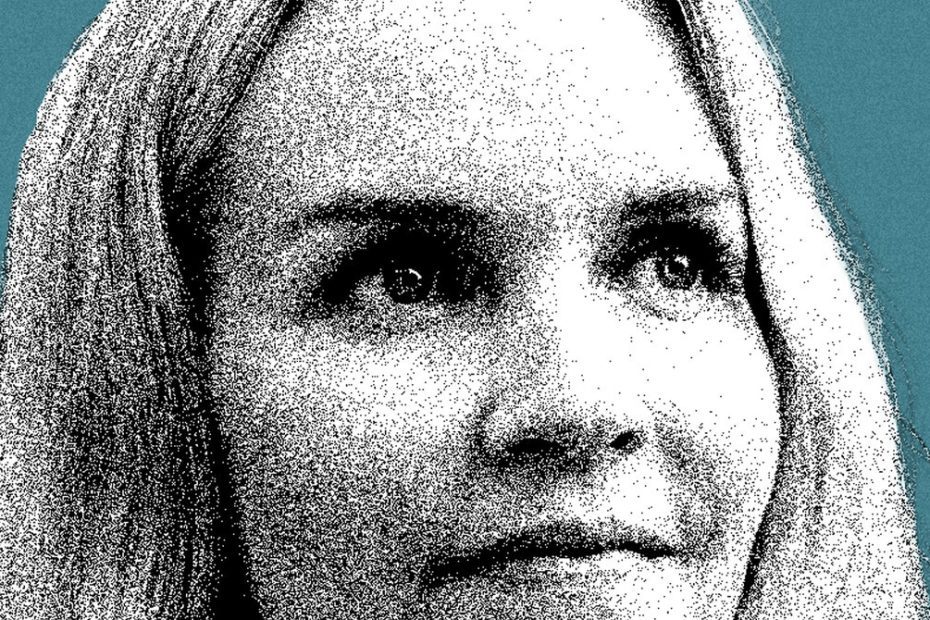According to Salla, the rules for Big Tech should be left to the new administration entering the White House. “Big Tech needs to be regulated by their home continent… That needs to happen in the US first and foremost.”
President-elect Donald Trump has been vague about how he would regulate Big Tech. He suggested that “something” should be done about Google, but implied that breaking up the company might go too far.
Salla's critics are concerned about the way her arguments overlap with Meta's. Bram Vranken, a researcher at Corporate Observatory Europe, a charity that tracks lobbying, points to an open letter, signed by 49 industry figures including Meta CEO Mark Zuckerberg and hosted on a Meta website, that reflects Salla's position that AI companies should be able to use Europeans' data to innovate.
“She has an agenda that is very, very close to her former employer,” he says. “It is bad for trust in EU politics when someone who used to be a lobbyist goes to Parliament to repeat the same talking points.” Salla claims her time with Meta hasn't changed her opinion. “I had been talking about digital regulation for ten years before I joined Meta,” she says. “I have absolutely no ties to that company… It's a great company – and I own no stock in them.”
Salla is among more than 700 fellow members. Yet previous debates on technology policy show that only a few outspoken MEPs can shape laws, says Vranken. “So if she plays her cards right, she can have a pretty significant influence on the political position as well [her group] the EPP takes.” German MP Andreas Schwab, an advocate for the Digital Markets Act and one of the most prolific EPP members on Big Tech to date, told WIRED in March that the new rules should push the European internet “for the better to change'.
Salla expects one of her biggest challenges over the next five years to come from the suggestion that the EU needs more technology regulation to close gaps in existing rules. “That worries me very much,” she says. In Brussels, people are already proposing a digital fairness measure in response to problems ranging from addictive phone design to shady patterns and influencer marketing. However, Salla believes that the EU should focus on enforcing existing regulations, rather than proposing new ones.
“We need a stable investment environment for our companies,” she argues, “where we don't have to constantly change the rules and legislation.”

